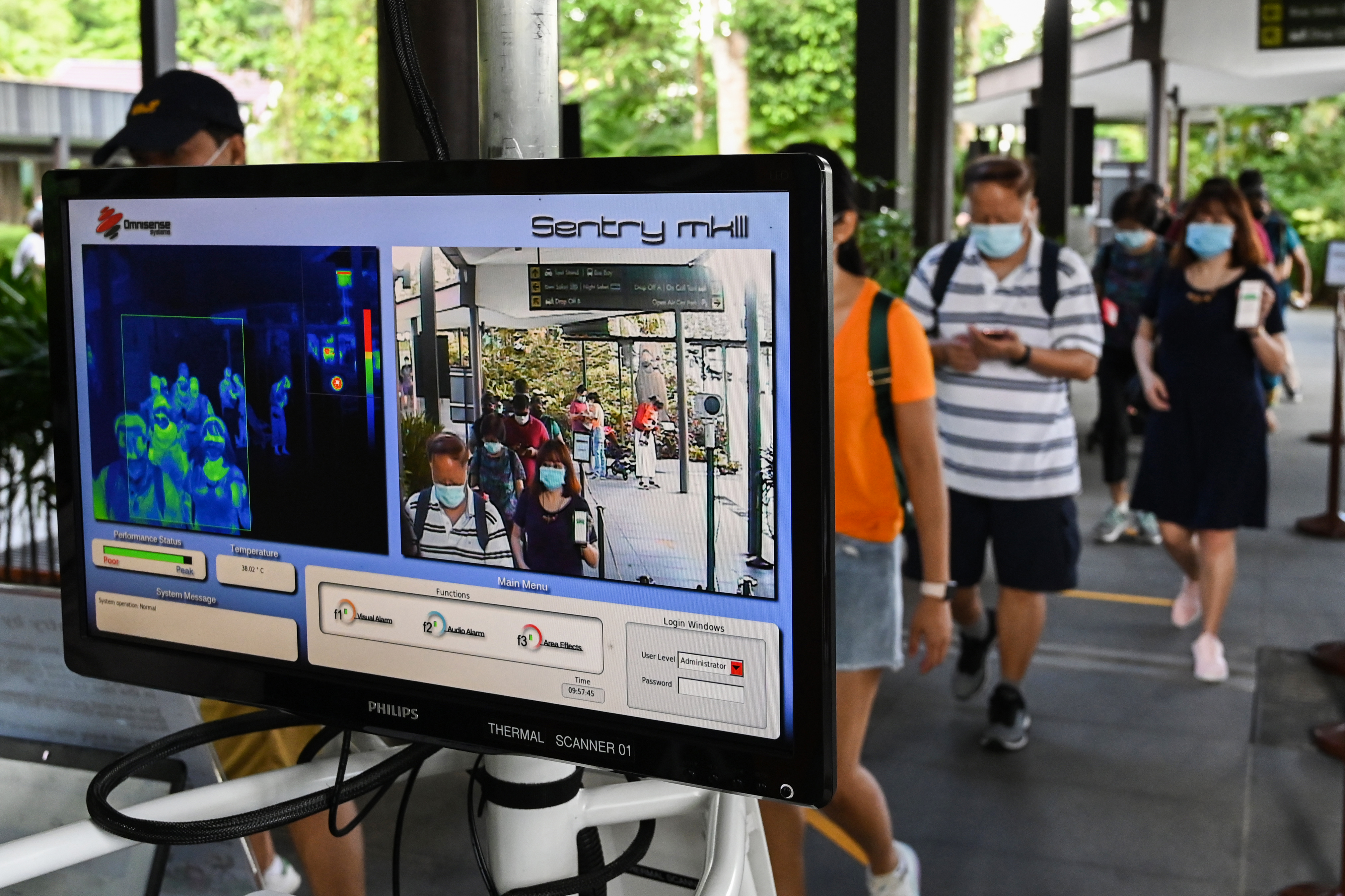Singapore Promised To Use Data for COVID Tracing Only. But Police Can Access It.
January 5, 2021Lauded around the world for using sophisticated digital contact tracing to contain its coronavirus outbreak, Singapore said this week that law enforcement can access the personal data from citizens for criminal investigations.
The issue was first raised in parliament by ruling party politician Desmond Tan, also minister of state for home affairs, who said that police officers were “empowered” to obtain citizen data if needed from the TraceTogether (TT) application implemented in June.
“Examples of these measures include allowing authorized officers to access the data,” Tan said on Monday. His words caused a stir on social media and in parliament, with opposition lawmakers expressing concerns about security and violations of privacy.
Tan later clarified that the sensitive personal data was stored on a secure platform and that “stringent measures” were in place to safeguard it.
More than 4.2 million people in Singapore are believed to be using the government’s TraceTogether app and accompanying tracking token devices. Close to $10 million has been spent in developing the system and the authorities have been aggressive in pushing it, strongly encouraging citizens to download the app and utilize the tokens to facilitate contact tracing.
Contact tracing has been key to Singapore’s pandemic recovery. In addition to routine temperature checks, members of the public are required to register and submit their details to state systems before entering all public spaces. Their data is then used to identify close contacts of potential COVID patients.

“TraceTogether has stopped the transmission of the virus in many instances and has helped save many lives,” said minister Lawrence Wong, who heads the governmental COVID task force.
“Our ability to do all this is not just because of the TraceTogether program. It’s fundamentally because of the confidence and trust that Singaporeans have in our system, the way we handle the data and the way we go about doing contact-tracing.”
Life has largely returned to normal in the wealthy city-state, which now sees daily lows of the virus after successfully battling double waves of infection.
A privacy statement on the TraceTogether website was updated on Monday to reflect the government’s latest stance: “We want to be transparent with you.”
“TraceTogether data may be used in circumstances where citizen safety and security is or has been affected,” the statement said, adding that the Singapore police force was allowed to obtain any data, including TraceTogether data, for criminal investigations.
The updated information also clarified how the criminal code “applies to all data under Singapore's jurisdiction.”
It had earlier said the data would only be used for contact tracing purposes.
Singapore prides itself on cyber security and stability. But Monday’s news was not the first data security incident to provoke backlash. In 2019, authorities revealed a high-profile breach from 2016 that saw confidential data of more than 14,000 people diagnosed with HIV stolen and leaked online.
It came just months after the health ministry records of 1.5 million Singaporeans, including the prime minister Lee Hsien Loong, were targeted and stolen.
Many Singaporeans were outraged by their government’s decision to obtain their data for investigations and took to social media to voice their anger.
“It's disappointing, though unsurprising, that the state has chosen to abuse the trust for information stated as being explicitly for contact tracing by expanding its use for police investigations given how the state apparatus is used against dissent,” wrote one Singaporean on Twitter.
Others lamented the breach in trust.
“It wouldn’t be as bad if they came clean from the start but this reversal does nothing to settle public distrust. But at least they are transparent about the lack of privacy now.”
